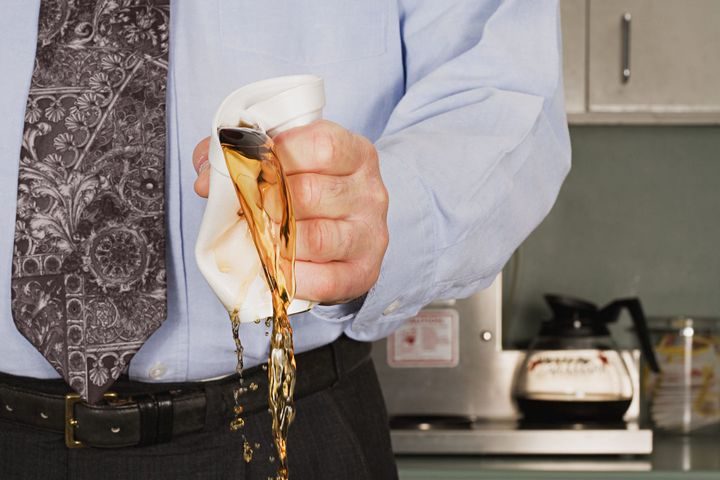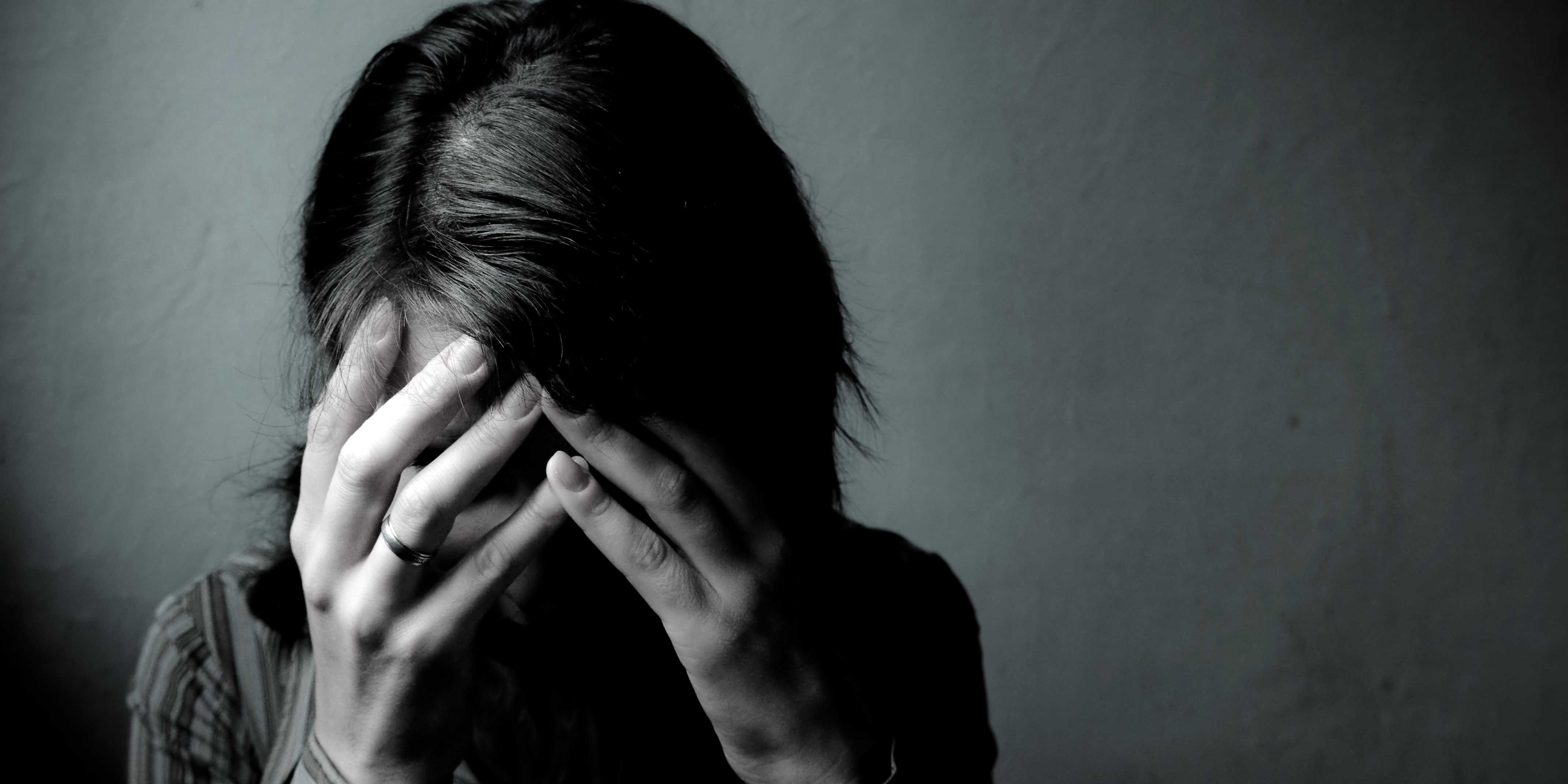
Caffeine is found in a variety of foods and drinks such as coffees, teas, colas and chocolates. Most of us do not give much thought to our morning cup of coffee. In fact, many of us feel that it completes our mornings and that without it we wouldn’t be able to get through those hectic days. But how does our daily dose of caffeine affect our bodies?
Caffeine works in our body as a stimulant. It works to speed up our central nervous system. The fact is that caffeine is the most widely used drug in the world. While it occurs naturally in things like coffee, it is also added to a variety of medications for medicinal purposes.
Caffeine will act as a stimulus to the brain, it will postpone fatigue (which is why we reach for coffee when we haven’t had much sleep) and it can alter your mood. Caffeine has also been known to enhance the performance of tasks that require endurance.
Caffeine in small amounts carries little risk for an otherwise healthy adult. However, for people who are predisposed to anxiety and/or panic attacks, caffeine can cause flair ups of symptoms, as well as negative physical effects on the body.
If you are susceptible to anxiety or panic attacks, caffeine can work against you. This is because caffeine sets off your “fight or flight” reaction. This is your body’s natural reaction to situations where your brain perceives that you are in immediate danger. It is a way of human survival. While this is a useful survival tool, it will likely not do you much good through your day at work.
For those who do not suffer from anxiety or panic disorder, this reaction can lead to increased alertness, productivity, and endurance. But to someone who does grapple with anxiety or is predisposed to anxiety and panic attacks, this can cause a flair up of symptoms such as nervousness, increased heart rate, a feeling of impending “doom”. Caffeine can also cause muscle twitches, negative mood fluctuations, sweating, agitation and irritability for those who are dealing with anxiety.
Caffeine in moderation poses little risk. But for those who struggle with anxiety and panic disorder, decreasing their caffeine intake can help alleviate the symptoms. Understanding how your body responds to caffeine the first step. Keep track of your caffeine intake and watch your body’s reaction as you slowly decreased your amount of caffeine. Take note of you feelings as your caffeine intake comes down. Maybe you really don’t need that morning coffee after all.










